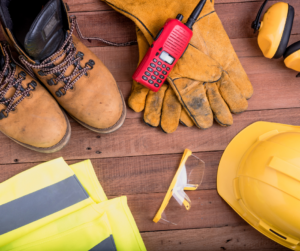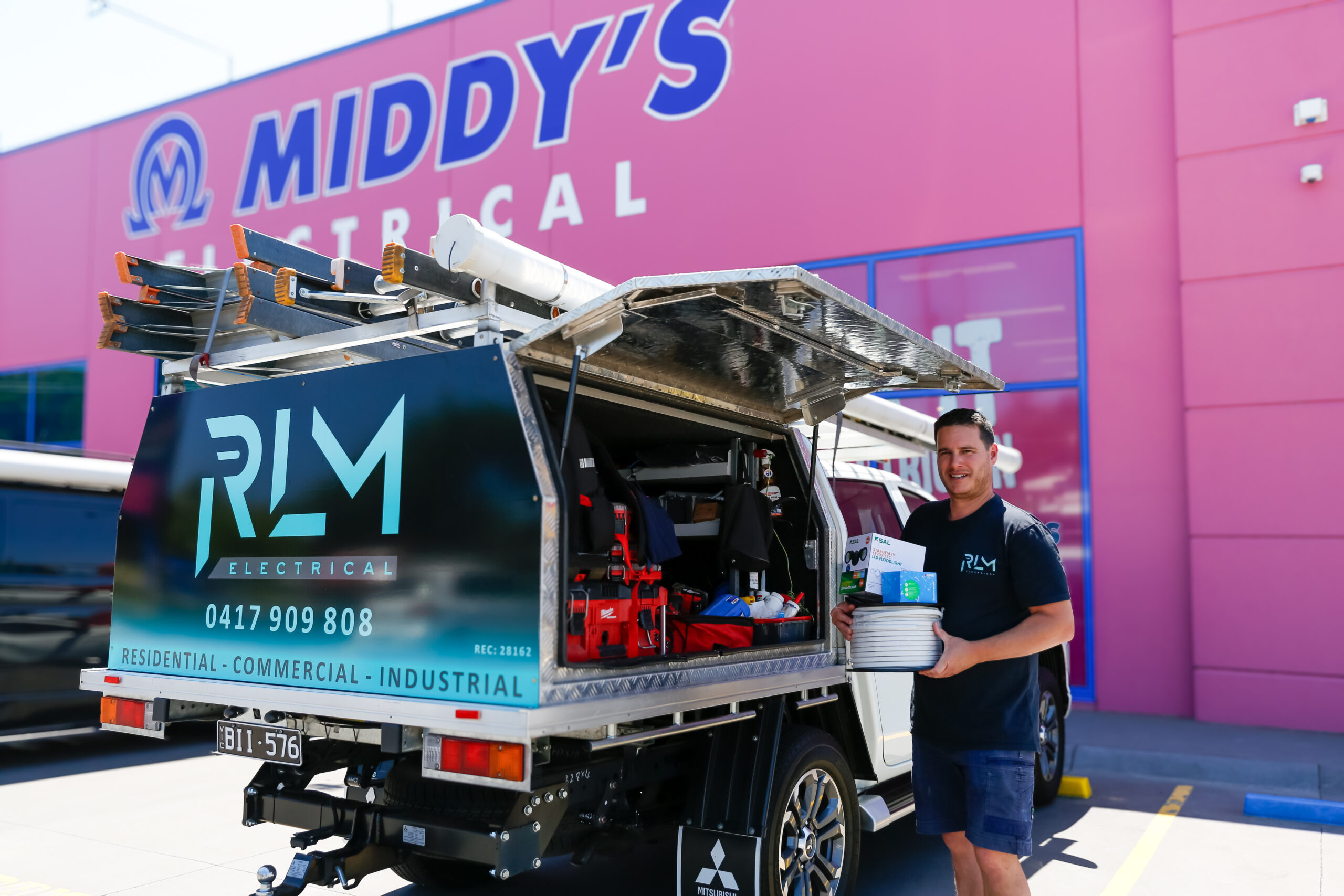The importance of supervising apprentices
Apprentices can be key to growing your business. Make sure you’re looking after them.
It is especially tragic if accidents and fatalities occur when apprentices have not been adequately supervised. These are clearly preventable accidents.
Electrical apprentices require supervision for their safety and training and the safety of others.
The amount of supervision, and whether it is direct (constant), general, or broad requires continual assessment of an apprentice’s experience, competence and the tasks undertaken.
It can vary from direct to broad supervision depending on the type of work to be carried out.
A gradual relaxation of supervision is logical as an apprentice develops the skills, knowledge and experience leading to a trade qualification.
Remember to check the state or territory legislative and/or regulatory requirements in your jurisdiction.
Duty of care when supervising apprentices
The primary duty of care rests with the employer – through the supervising electrician – to determine the level of supervision required to always maintain safety. Consideration should be given to the type of work to be undertaken, the knowledge/skill levels of the apprentice and the safety equipment required.
To assist in determining supervision requirements, the employer should maintain a file on the apprentice, recording the individual’s progress.
The records should contain dates, successful performance of key working practices and other important details for future reference.
Work standards
 The supervising electrician is responsible for ensuring that the apprentice learns the necessary work skills and for checking and testing all work carried out to ensure compliance with AS/NZS 3000 Wiring Rules.
The supervising electrician is responsible for ensuring that the apprentice learns the necessary work skills and for checking and testing all work carried out to ensure compliance with AS/NZS 3000 Wiring Rules.
Variations in the type of work, work environments and scope and whether you’re connected to the electrical supply or not present many combinations that the supervising electrician must assess when determining safety requirements for the job at hand.
The supervising electrician must make a conscious appraisal of the technical knowledge and practical skills of the apprentice. Where relevant, they should use the information available from the apprentice training system.
The type of work to be carried out must be measured against this appraisal to determine the level of supervision needed for safe working.
Supervising apprentices near live equipment
If the persons being supervised are apprentices or are undergoing training and live wires or live electrical equipment is involved, or is likely to be involved in the work area, the supervising electrician must ensure, as far as is practicable, that they remain close to such trainees.
The supervisor and worker are, therefore in sight of, and able to communicate directly with, each other. Where these requirements are not met, the apprentice must cease work immediately and leave the vicinity of the live equipment. The hazard must either be removed or made safe, or the trainee removed.
Personal related influences
The supervising electrician must, at all times, endeavour to be aware of any personal problems that may affect the ability of the apprentice being supervised to carry out the work correctly and safely.
The apprentice should not continue to carry out electrical work, or any work involving a potentially hazardous situation if the individual is suffering from fatigue, sickness, medication, drugs or alcohol. These matters should be discussed with the employer or supervisor.
The employer or supervisor must then act accordingly, including postponing the intended electrical work.
Apprentice supervision and work allocation policy
A business must recognise and understand its responsibility for the training, supervision, and safety of its apprentices.
Legislation places an obligation on contractors, workers, and apprentices to ensure that both the workplace and the training provided to apprentices is conducted safely.
An Apprentice Supervision and Work Allocation Policy will also include the obligations of the employer, the obligations of the worker in charge, and the obligations of the apprentice.
Importance of apprentice supervision
It is a requirement of electrical regulatory authorities in each state and territory that all electrical work be performed in accordance with the respective regulations and AS/NZS 3000.
A person carrying out unsupervised electrical work is to be appropriately licensed. With the relevant licence, a person may carry out a range of work without supervision.
Apprentices, provided they are engaged under a ‘Contract of Training’ and are appropriately supervised, are generally permitted to perform relevant electrical work.
Level of apprentice supervision
The degree of supervision – direct, general, or broad – requires continual assessment of an apprentice’s knowledge, skill, and experience relative to the nature of the task, skill, or activity to be undertaken.
The degree of supervision may vary from direct to general, to broad, depending on the type of work being carried out on a particular occasion and at a particular point in time.
Supervisors need to exercise an appropriate duty of care and judgement in this regard and take all reasonable steps to ensure that such judgements are not made solely on the basis of the apprentice’s ‘time served’.
It should be noted that electrical regulators generally consider two levels of supervision applying to apprenticeship training when performing electrical work: ‘direct’ or ‘indirect’. ‘General’ and ‘broad’ supervision corresponds with indirect supervision generally recognised by regulators.
The supervising registered electrical worker is obligated to take all reasonable steps to ensure that all electrical work is checked and tested and complies with the appropriate Acts, regulations, and Australian Standards, particularly AS/NZS 3000 Wiring Rules.
When starting an apprenticeship, the supervising tradesperson will watch over the apprentice’s work closely.
The supervising tradesperson will ensure that the apprentice is undertaking their work correctly and is safe from any hazards. At this point, the apprentice is working under direct supervision.
General supervision is when apprentices grow in confidence and experience, and the supervising tradesperson will intervene in their work activities on an occasional basis. In other words, the supervising tradesperson will allow the apprentice more scope to work without intervention and will check from time to time on how they are going. At this point, the apprentice is working under general supervision.
Broad supervision occurs after further development. The apprentice will have acquired experience, confidence and will have gained a higher level of technical ability. At this point of the apprenticeship, the supervising tradesperson no longer must intervene in all the apprentice’s work.
The apprentice will now be working without any assistance, and the supervising tradesperson only checks completed work to ensure that the work has been performed correctly, and that it is compliant and electrically safe. At this point, the apprentice is working under broad supervision.
Supervision is not just the law – it is the key to making sure your apprentices are safe and properly trained.
If you need assistance regarding apprentice supervision, Master Electricians have unlimited direct access to the MEA Safety Hotline. Speak directly to the safety experts. Phone 1300 889 198.





Comments (0)
Write a Comment